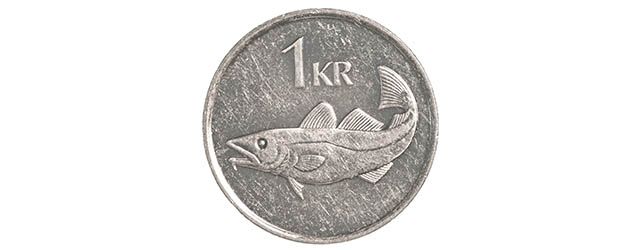Nearly seven years after introducing controls on capital movements, Iceland is planning to ease restrictions it put in place when the collapse of its banking system brought the country to the brink of financial meltdown.

In June, the Icelandic government voted 56-0 in favor of a proposal to unfreeze assets worth 1,200 billion krónur ($9 billion) from failed lenders. The government will set a 39% exit tax to prevent mass withdrawals by foreign investors and diminish the risk of the currency’s plummeting again.
Iceland was the first country hit by the financial crisis of 2008.
With combined assets 14 times the size of the national GDP, its three biggest banks—Glitnir, Landsbankinn and Kaupthing—collapsed within days of each other under the weight of their massive debt, two-thirds of which had been contracted in foreign currencies.
With an economy projected to grow 2.8% this year and unemployment at 4.5%, Iceland is considered a case study on how to survive an economic downturn. Yet, for the North Atlantic island of 320,000, the road to recovery has been longer than expected.
“The fact that Iceland is only now lifting controls on capital account outflows illustrates the general point that [doing so] can be very difficult,” says Robert H. Wade, professor of political economy and development at the London School of Economics. “There is a risk of crashing the price of the currency and of other macroeconomic disruptions. Also, some politicians may see a self-interest in keeping foreign capital locked in until its owners agree to take a substantial write-off.”
Gudrún Johnsen, an assistant professor of finance at the University of Iceland, who also worked as a special researcher for the Parliamentary Special Investigation Commission that examined the fall of the Icelandic banking sector, agrees:“There are risks associated with lifting the controls, but even greater risks associated with keeping them intact, as we are still experiencing investment at historic lows for the sixth year running. It is the government’s role to ensure an orderly process, with necessary transparency and equal treatment of market participants, to establish much needed confidence both in the process itself as well as building investor confidence. That will probably only be fully restored with comprehensive currency policy reforms—as it is hard to see [how] the Icelandic krona will float again without any restrictions.”



